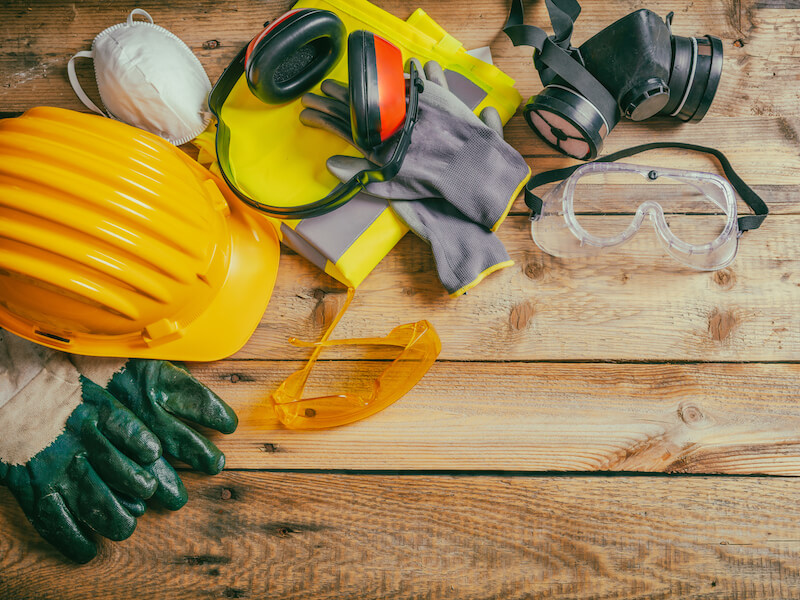
Approximately two million workplace injuries are documented each year. When you think about on-the-job injuries, you might think of flying objects or a hand pulled into a piece of machinery at a factory.
But the most prevalent workplace injury is much more insidious and often goes unreported. Over several years, it will sneak up gradually on people. The majority of individuals don’t even detect it’s occurring until it becomes significant. Excuses are a typical reaction. “It’s only temporary” or “I’m just getting older. This isn’t unusual.
Many people don’t even recognize it was caused by their workplace environment.
The insidious injury is damaged hearing. There are a number of warning signs you should recognize, and there are important steps you need to take if you think the damage is already done.
How Loud is Too Loud?
Continual exposure to sounds louder than 85 decibels (dB) can trigger long-term damage to your hearing. For reference, a vacuum runs at around 75 decibels dB. A lawnmower delivers 85 dB. If you’re exposed to a chainsaw or leaf blower you’re dealing with 100 dB. And the volume of a gunshot logs in at 140 dB.
Are you at risk when in your work environment? Are you being exposed to the most common workplace injury? Over time, your hearing can be damaged if you’re regularly exposed to sound as loud as a lawnmower, even if it’s not continuous.
Hearing Damage Signs
You’re definitely damaging your hearing if you work in a loud environment without hearing protection.
Your experiencing hearing loss if you notice any of the following signs:
- You hear ringing, whistling, or hissing even when it’s quiet.
- You confuse consonants – “Todd” sounds like “Dodd,” for example.
- Your friends and family tell you your television, radio, or computer tablet volume is too loud.
- When you speak with people you constantly believe they are mumbling
- You frequently ask people to repeat themselves when they talk.
- You feel pain when you hear loud sounds.
- You tend to disengage when people are talking.
- You can’t understand the person speaking if there’s background sound.
- Conversations sound muffled.
How is Hearing Damage Being Dealt With by Employers?
Businesses and organizations are utilizing the most recent technology to reduce workplace noise in excessively loud settings. Government agencies are endeavoring to update guidelines that will reduce workplace noise and protect employees.
Employees are coming forward as they become aware of the chronic damage that workplace noise is causing. Further change will come as their voices are heard.
Preventing Additional Damage
Safeguarding your ears before they become damaged is the smartest plan if you work in a loud setting. Using protective headphones or earplugs while at work will help minimize potential damage.
If you believe your hearing has been injured by a noisy workplace, schedule a hearing test as soon as possible. You will discover how to counter added damage when you find out how much hearing damage you have. We address any hearing damage you’re already experiencing and develop strategies to help you counter any additional damage.
